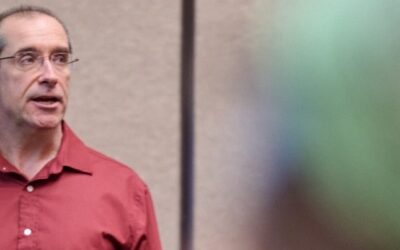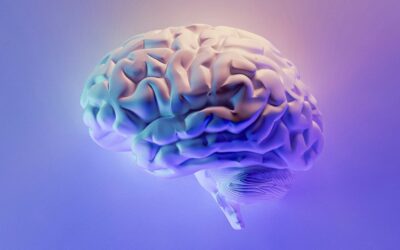Whether getting a doctorate or a master’s, it’s not because someone sauntered up to you and told you it was going to be easy. It isn’t. In fact, no one ever said such a thing to you, because it is known that you’d have to be crazy to utter such nonsense. We’re not all like Elon Musk. I know you’re probably all thinking that it is strictly the academics to which I am referring — it’s not. The biggest subject covered isn’t listed on a curriculum and you won’t get credits for it. The subject to which I’m referring to is, of course, “Adulting.”
Really, I think of it as Adulting 2.0. You learn, gloriously, how to be an adult with the added perk of being a student. Simply put, you learn to consume as an adult would, with the benefit of learning how to be eternally scrupulous. Sure, you may have a few weeks lapse between when you forget that horrific number on your loan servicer letter and when you receive the next one, but the penny-pinching always wins out in the end.

The five new NUHS cygnets!
Getting a job becomes more necessary, ironically, as the credit load increases. It’s a paradox. I recently started driving for Uber and Lyft to make a little extra cash here and there, and I highly recommend it. It’s perfect for students because if you feel like you have time to work, you can work; if not, you don’t. If you do it right, and drive during maximum surge pricing, you can make $30 an hour. This is the part of Adulting referred to as “hustling”, and it’s one of the most important bits.
The schedule and busy-ness of life may seem a bit daunting but I’m finding it quite invigorating. I could give you the whole “captain of your own ship” spiel and about how this is one of the first parts of your life in which you have nearly autonomous control over where you want to take it, but you all know that story very well. And, honestly, working in an environment that practically dictates talking and interacting with a broad range of people and personality types is not only good for your communication skills as a doctor, but also for understanding how the “average joe” perceives health and disease.
I’ve gained a new appreciation for the field I’m entering. Through these little chats I’ve learned that most people under 35 are looking for ways to improve health, quality of life, and longevity that don’t entail the over-use of pharmaceuticals. More exciting than that, however, I had something to truly add to the conversation — thanks to Dr. Richardson’s phenomenal teaching in pharmacology and all the teachers’ knowledge and passion for their areas of expertise. The days this trimester are long, the extracurricular life hectic, but my passion for my field has only grown!




0 Comments